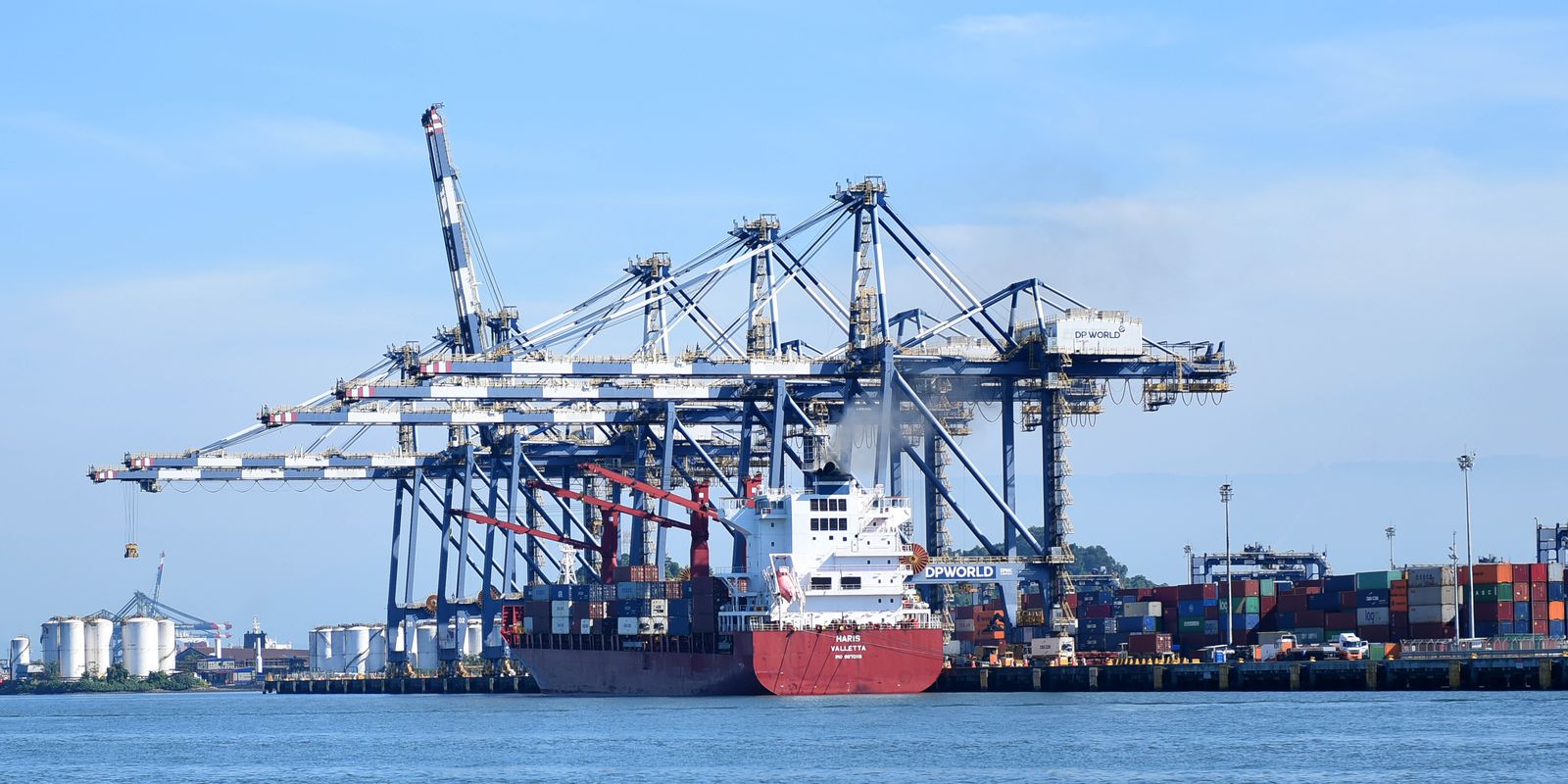As of 2023, Brazilian exporters will be able to purchase services such as transport, insurance, handling and storage of cargo with suspension of taxes. Law 14,440 was sanctioned today (5th) which institutes the drawback [suspensão de serviços]. 
The expansion of the drawback was inserted in the same law that creates the Program to Increase the Productivity of the Highway Fleet in the country (Renovar). He intends to accelerate the withdrawal of vehicles at the end of their useful lives.
Benefit recognized by the World Trade Organization, the drawback allows the suspension or exemption of the Social Integration Program (PIS) and the Contribution on Social Security Financing (Cofins) on inputs used in goods produced for sale abroad. The new law extended the mechanism to exporters who purchase services during production.
For to have right to the benefit, the exporter must prove that the services are directly and exclusively linked to the export or delivery, abroad, of a product that benefits from the drawback.
According to the Ministry of Economy, the new law will contribute to the insertion of Brazilian companies abroad, generating a reduction in charges and improving the competitiveness of local exporters.
So far, the drawback it was only granted for the purchase of national and foreign inputs destined for the industrialization of products to be exported. In 2021, the mechanism supported exports of more than US$ 61 billion, according to the Secretariat of Foreign Trade. With the new legislation, services will be to have the same treatment of physical inputs.
Competitiveness
The suspension of PIS/Cofins for the acquisition of services related to the export of goods will cost about R$ 1.1 billion in 2023. The fiscal cost, informed the Ministry of Economy, in Brasília, is foreseen in the Budget Law project (PLOA ) of next year, sent to the National Congress on the 31st.
According to the Organization for Economic Cooperation and Development (OECD), services represent 35.7% of the value added to Brazilian exports of manufactured goods.
According to a joint study by the Ministry of Economy and the United Nations Development Program (UNDP), several members of the G20 – a group of the 20 largest economies on the planet – apply similar tax exemptions for the purchase of services: South Africa, Germany, Saudi Arabia Saudi, Argentina, France, Italy, Mexico, United Kingdom, Russia and European Union.
* Article changed at 5:33 pm to add information














